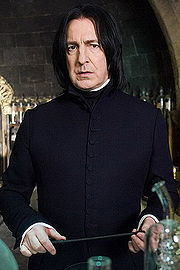But what about the Dark? Nighttime is dark, it's when we rest, it's cooler, and sometimes scary. But the Dark can be restorative. I realized when recently watching "Cave of Forgotten Dreams" [which I HIGHLY recommend!!!] that the dark takes getting used to, and ideas emerge from the Dark. 
I like the idea of coming to be able to see in the Dark at first, it is scary because our primary sense is "obscured" we can't see properly, but we begin to use and notice our other senses we have to calm down and be still and slowly acclimate to the Dark and often, if we are still long enough, we can see, even if it's just shapes, or we feel our way and we make it through it doesn't have to be terrifying. A lot of times we talk about “being in a dark place” when we are going through a difficult time, full of pain. Pain hurts, but it is not bad in and of itself: it helps us to get somewhere new, or learn something, and change often involves pain.
My friend Lakshmi clarifies by saying,
“there is a difference emotionally, experientially, between the darkness that descends while we are on a path: it is confusing, sometimes painfu
l, disorienting; and the darkness of a restorative place (like a dim cathedral or a cave or the womb or the black soil of the earth), one chooses the cave, one does not choose a hard and obscured path (usually).
me: But there is still something deeply worthwhile about each experience, and the darkness isn't necessarily bad - the light and the dark, the good and the bad all of it makes us who we are today.
Lakshmi: I think our culture regularly confuses the difficult darkness with the restorative darkness and that is problematic. Also, as you are saying, there comes a way to see the difficult times as descents into the cave: challenging, fearful, harrowing even. Yet afterward, you come back with new knowledge, strength, skills. There is a way in which the difficulties can be transformed into restoration. In addition, I believe that the more you consciously, intentionally engage with/seek out/explore the dark, the less shocking and difficult it is when you come into a dark section of your life's path. You've gained skills in "seeing in the dark" as you say, you spend less time fighting the darkness and more quickly transform it to a time of contemplation and reflection, rebirth, gestation. This is why the dark goddesses: Kali, Hecate, Persephone, are so important: because they know how to dance in the dark. They know the path. It's kind of "nothing to fear but fear itself." It's our very fear and dislike of the dark that makes the process so hard.











No comments:
Post a Comment